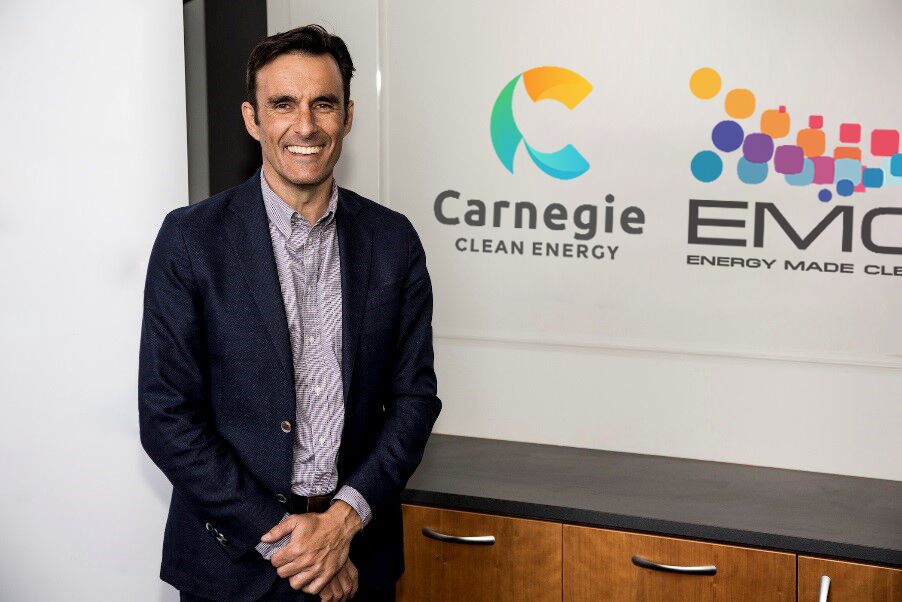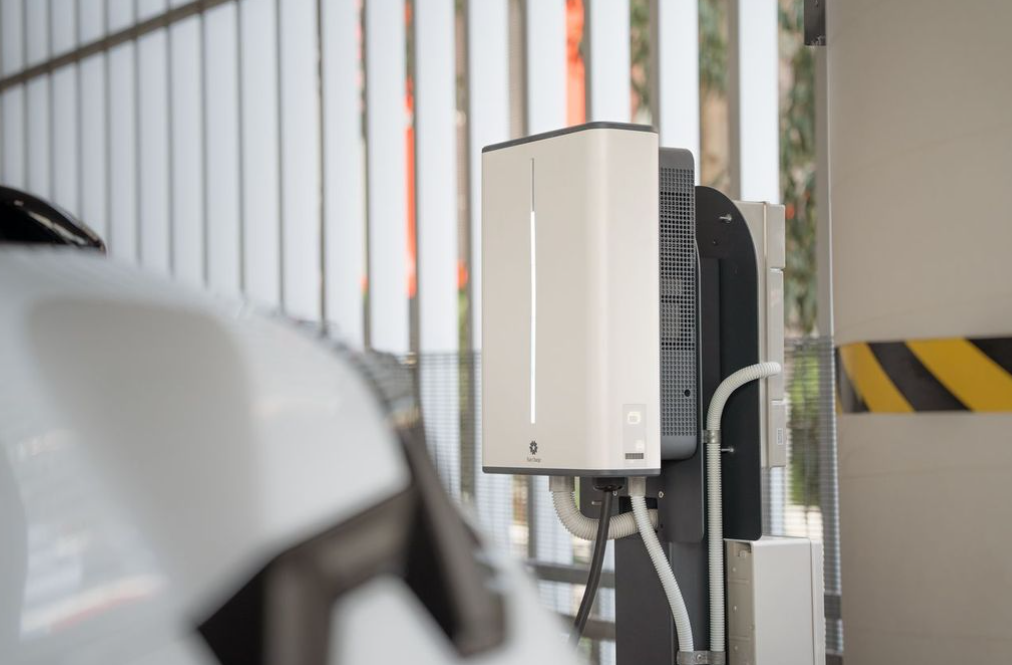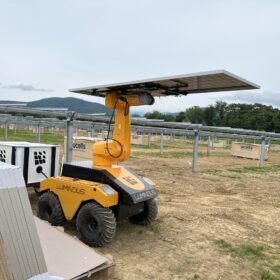Making merchant solar farms stack up financially is no simple business. Carnegie Clean Energy has revealed how it intends to make its 10 MW Northam solar farm viable, as work commences on the project.
When speaking to The West Australian, Carnegie CEO Michael Ottaviano said that through securing revenues from three sources, he is “very comfortable” with the financial risk the project represents, “at least for the next few years.”
“You have got to remember that solar power is cheap power, particularly once you bank your LGCs and you’ve got your capacity stream,” Ottaviano told The West.
Carnegie subsidiary Energy Made Clean will construct the plant. Lendlease, Indigenous Business Australia (IBA) and Bookitja Ptd Ltd, a subsidiary of the Perth Noongar Foundation, are partnering on the project.
The project is the first renewable energy investment by both the IBA and Bookija.
In a statement announcing the project, Wyatt, who is of Yamatji heritage and a former IBA board member, pointed to the employment opportunities the construction of the Northam project will present to Aboriginal businesses and for ongoing Noongar employment.
“This project is particularly exciting because of the opportunities it will provide to local Aboriginal people and businesses as a result of the joint venture,” said Wyatt in a statement.
Carnegie’s Ottaviano hinted that the WA-based developer might look to sign a PPA with an offtaker or sell down its stake once the project has established an “operational history”.
This content is protected by copyright and may not be reused. If you want to cooperate with us and would like to reuse some of our content, please contact: editors@pv-magazine.com.









By submitting this form you agree to pv magazine using your data for the purposes of publishing your comment.
Your personal data will only be disclosed or otherwise transmitted to third parties for the purposes of spam filtering or if this is necessary for technical maintenance of the website. Any other transfer to third parties will not take place unless this is justified on the basis of applicable data protection regulations or if pv magazine is legally obliged to do so.
You may revoke this consent at any time with effect for the future, in which case your personal data will be deleted immediately. Otherwise, your data will be deleted if pv magazine has processed your request or the purpose of data storage is fulfilled.
Further information on data privacy can be found in our Data Protection Policy.